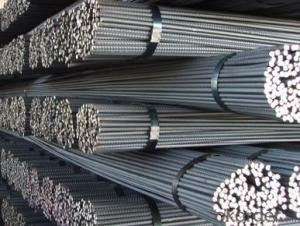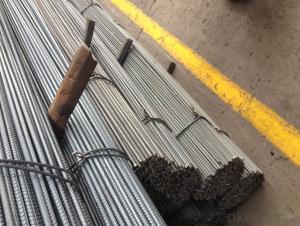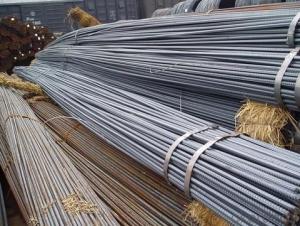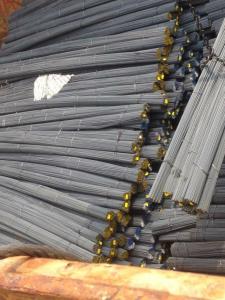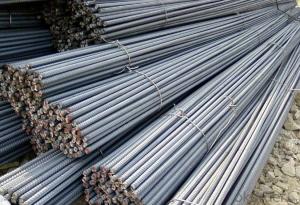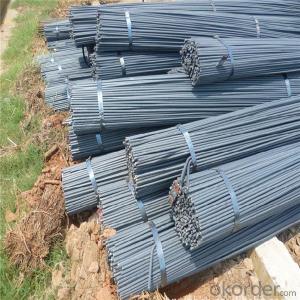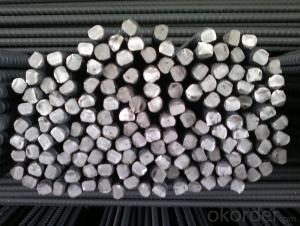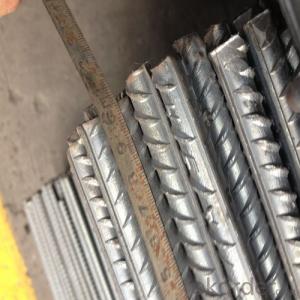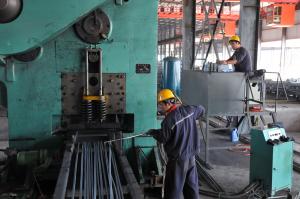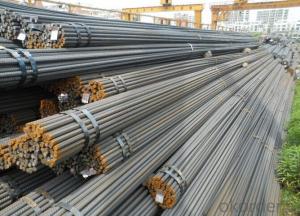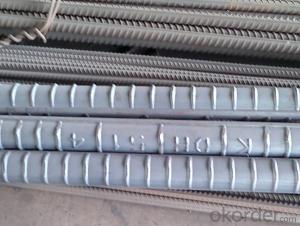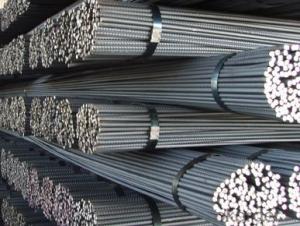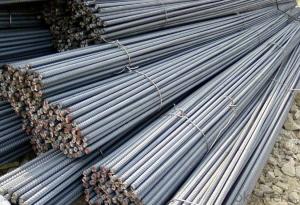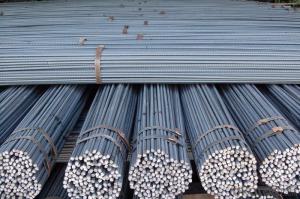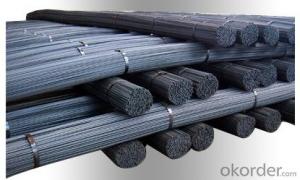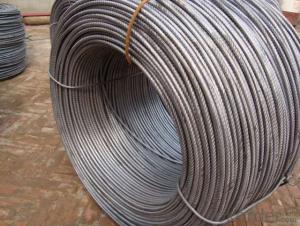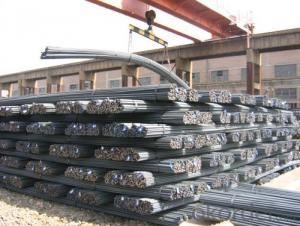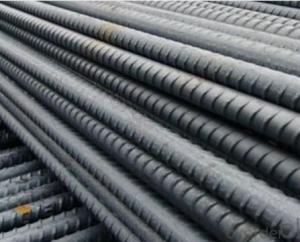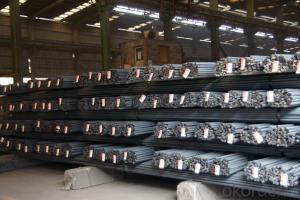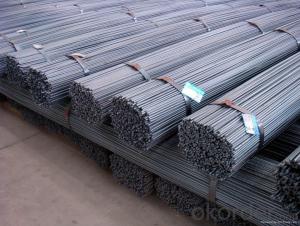All Categories
- - Steel Wire Rod
- - Steel Coils
- - Steel Profiles
- - Steel Pipes
- - Stainless Steel
- - Tinplate
- - Special Steel
- - Steel Sheets
- - Steel Rebars
- - Steel Strips
- - Hot Rolled Steel
- - Cold Rolled Steel
- - Pre-painted Steel
- - Seamless Steel Pipe
- - Welded Steel Pipe
- - Hollow Steel Tubes
- - Galvanized Pipe
- - Stainless Steel Coil
- - Stainless Steel Sheet
- - Stainless Steel Plate
- - Stainless Steel Strips
- - Electrolytic Tinplate Coil
- - Electrolytic Tinplate Sheet
- - Stainless Steel Rebars
- - Solar Panels
- - Solar Water Heater
- - Solar Related Products
- - Solar Inverter
- - Solar Cells
- - Solar Light
- - Solar Energy Systems
- - Solar Controllers
- - Solar Mounting System
- - Solar Pump
- - Solar Chargers
- - Fiberglass Chopped Strand
- - Fiberglass Mesh Cloth
- - Composite Pipes
- - FRP Pultrusion Profiles
- - Fiberglass Mat Tissue
- - Fiberglass Fabrics
- - Fiberglass Mesh
- - Composite Tank
- - Fiberglass Mesh tape
- - Polymer
- - FRP Roofing Panel
- - Fiberglass Roving
- - Monolithic Refractories
- - Ceramic Fiber Products
- - Refractory Bricks
- - Raw Materials For Refractory
- - Suspended Platform
- - Cranes
- - Concrete Machinery
- - Earthmoving Machinery
- - Building Hoist
- - Road Building Machinery
- - Plastic Pipe Fittings
- - Plastic Tubes
- - Plastic Sheets
- - Agricultural Plastic Products
- - Plastic Nets
 All Categories
All Categories
Q & A
How does the temperature and humidity of the construction environment impact the use of steel rebars?
The temperature and humidity of the construction environment can significantly impact the use of steel rebars. Higher temperatures can cause the rebars to expand, potentially leading to structural issues such as cracking or even failure. On the other hand, lower temperatures can cause the rebars to contract, which may also result in structural weaknesses. Additionally, high humidity levels can accelerate the corrosion of the rebars, reducing their strength and durability. Therefore, it is crucial to consider and control the temperature and humidity conditions during construction to ensure the proper use and performance of steel rebars.
What are the best practices for handling steel rebars on the construction site?
There are several best practices for handling steel rebars on a construction site. Firstly, it is important to ensure that all workers are wearing appropriate personal protective equipment (PPE), including gloves and safety boots, to protect against potential injuries. Secondly, rebars should be stored in an organized and designated area to prevent tripping hazards and damage. It is also crucial to inspect rebars for any defects or damages before use and to handle them with care to avoid bending or twisting. Additionally, rebars should be lifted and moved using proper lifting techniques and equipment, such as cranes or forklifts, to prevent strain or accidents. Regular training sessions and communication among workers regarding safe handling practices can further contribute to a safe construction site environment.
How do you assess the structural performance of lap splicing steel rebars in heavily trafficked areas?
To assess the structural performance of lap splicing steel rebars in heavily trafficked areas, several factors need to be considered. First, conducting regular inspections to evaluate the condition of the rebars is crucial. This can involve visual inspections, non-destructive testing methods such as ultrasonic testing or magnetic particle inspection, and monitoring for signs of corrosion or cracking.
Additionally, it is essential to analyze the load-bearing capacity of the lap splicing rebars. This can be done through structural analysis, considering factors such as the anticipated traffic load, the design specifications, and the overall structural integrity of the area.
Furthermore, performing load testing on a representative section of the lap spliced rebars can provide valuable data on their performance under heavy traffic conditions. This involves subjecting the rebars to simulated loads and monitoring their response to ensure they meet the required standards for safety and durability.
Overall, a comprehensive assessment of the structural performance of lap splicing steel rebars in heavily trafficked areas requires a combination of inspections, analysis, and load testing to ensure their reliability and effectiveness in supporting the intended loads.
What are the challenges of working with steel rebars in marine environments?
Working with steel rebars in marine environments poses several challenges. First and foremost, the exposure to saltwater can lead to corrosion of the rebars, which weakens their structural integrity over time. This corrosion can result in increased maintenance costs and a reduced lifespan for the structure. Additionally, the high moisture content and constant exposure to waves and tides can accelerate the corrosion process. Furthermore, the presence of marine organisms, such as barnacles and mussels, can attach themselves to the rebars, further promoting corrosion and degradation. To mitigate these challenges, special corrosion-resistant coatings or alloys may be required, along with regular inspections and maintenance to ensure the rebars remain in optimal condition.
Wholesale Steel Rebars from supplier in Cameroon
Our team of experts can assist you in selecting the right type and size of Steel Rebars for your construction projects in Cameroon. Whether you require standard rebar sizes or customized solutions, we can fulfill your requirements with our wide range of products.
In addition to supplying Steel Rebars, we also offer sales and technical support services. Our dedicated sales team will provide you with competitive pricing and efficient delivery options. We understand the importance of timely project completion, and we strive to ensure that your orders are delivered on schedule.
Furthermore, our technical support services are designed to assist you throughout your project. Our team of experts can provide guidance on the appropriate use of Steel Rebars, as well as offer solutions to any technical challenges you may encounter. We are committed to ensuring the success of your projects and are available to address any questions or concerns you may have.
As a subsidiary platform of CNBM, a Fortune Global 500 company, we have the resources and expertise to handle all your Steel Rebars procurement needs in Cameroon. CNBM is a renowned name in the steel industry, known for its high-quality products and exceptional customer service.
With our years of market presence in Cameroon, we have developed strong relationships with local suppliers and manufacturers. This enables us to source Steel Rebars at competitive prices without compromising on quality. Our aim is to provide you with cost-effective solutions that meet your project requirements.
Whether you are involved in residential, commercial, or infrastructure projects, we have the right Steel Rebars products to support your construction needs in Cameroon. Contact us today to discuss your requirements and benefit from our comprehensive procurement services.
In addition to supplying Steel Rebars, we also offer sales and technical support services. Our dedicated sales team will provide you with competitive pricing and efficient delivery options. We understand the importance of timely project completion, and we strive to ensure that your orders are delivered on schedule.
Furthermore, our technical support services are designed to assist you throughout your project. Our team of experts can provide guidance on the appropriate use of Steel Rebars, as well as offer solutions to any technical challenges you may encounter. We are committed to ensuring the success of your projects and are available to address any questions or concerns you may have.
As a subsidiary platform of CNBM, a Fortune Global 500 company, we have the resources and expertise to handle all your Steel Rebars procurement needs in Cameroon. CNBM is a renowned name in the steel industry, known for its high-quality products and exceptional customer service.
With our years of market presence in Cameroon, we have developed strong relationships with local suppliers and manufacturers. This enables us to source Steel Rebars at competitive prices without compromising on quality. Our aim is to provide you with cost-effective solutions that meet your project requirements.
Whether you are involved in residential, commercial, or infrastructure projects, we have the right Steel Rebars products to support your construction needs in Cameroon. Contact us today to discuss your requirements and benefit from our comprehensive procurement services.
